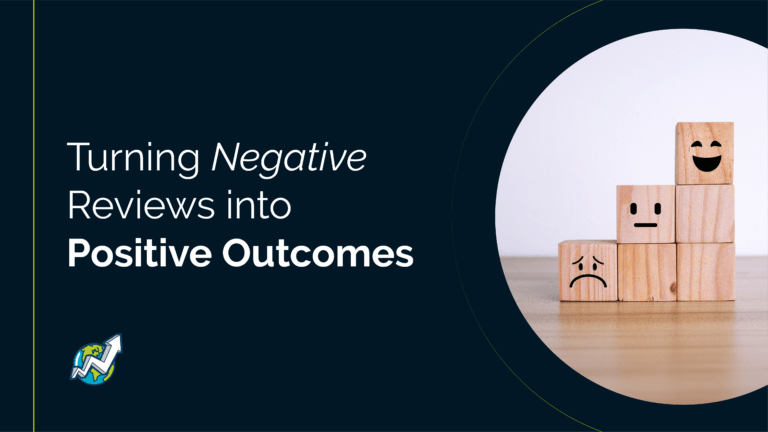Coffee has become a staple of the modern workplace, fueling employees physically and socially. Beyond the quick energy boost, it shapes work culture, enhances productivity, and brings teams together. Coffee breaks provide moments of connection, sparking conversations and collaboration among colleagues. From improving concentration and fostering camaraderie to offering surprising health benefits, coffee plays a significant role in daily office life. Join us as we delve deeper into coffee’s impact on the workplace.
Grinding the Beans of Productivity
Many employees claim they can’t start their day without a Cup of Joe, and science backs up its benefits. Caffeine is the responsible party as it blocks adenosine, a neurotransmitter that promotes sleep, keeping people alert. In moderate amounts, coffee not only increases alertness but also improves cognitive functions such as reaction time, focus, and memory. Studies have shown it can enhance problem-solving and decision-making skills, especially in high-pressure environments.
Regular coffee breaks can be essential for delivering consistent, high-quality work, as they offer a quick recharge that reduces burnout and helps employees tackle demanding tasks. These breaks also provide a mental reset, allowing employees to return to their desks refreshed and ready to refocus on their responsibilities. Even in remote work settings, where the social element may be reduced, these moments of mental reset contribute to staying fresh throughout the workday.
Boiling Up Workplace Camaraderie
The social impact of coffee breaks extends far beyond casual chit-chat, offering relaxed opportunities for employees to connect outside of formal settings. These breaks foster camaraderie, helping to break down barriers between colleagues and management, which can lead to improved collaboration. Even something as simple as brewing a pot of coffee can strengthen company culture, creating a comforting and familiar ritual. Informal gatherings like these can help employees associate the workplace with positive, communal experiences, enhancing loyalty and team bonding.
While coffee breaks offer a chance to step away and recharge, they also provide space for brief discussions on ongoing projects, often leading to fresh insights from other colleagues. For remote teams, encouraging short virtual “coffee check-ins” can replicate this bonding experience and maintain a casual, open atmosphere.
Brewing the Health Benefits
Surprisingly, coffee in moderation is good for the ticker. The antioxidants found in coffee contribute to overall well-being by reducing inflammation and oxidative stress, factors linked to heart disease and other chronic conditions. Long-term benefits also include a reduced risk of type 2 diabetes. It can even boost physical performance, making it a popular pre-workout drink for employees who enjoy a brisk walk during lunch breaks.
Remote workers, in particular, also benefit from coffee’s anti-inflammatory properties, which help alleviate joint pain often associated with sitting for extended periods. Beyond physical health, coffee also has mental health benefits, such as lowering the risk of depression. In moderation, coffee’s impact on the workplace is very beneficial.
Serving the Results
With all these benefits, it’s clear why coffee has become a staple in the office environment. More than just a drink, coffee plays a vital role in the workplace by boosting focus and productivity, fostering team camaraderie, and offering welcomed health perks. Embracing coffee culture thoughtfully can enhance both employee satisfaction and performance, making it a powerful tool for any business.
Interestingly, the idea that led to the creation of Get Staffed Up first came when attorneys met for coffee, proving that great things really do sometimes start with a Cup of Joe. Whether it’s helping with mental clarity or building bonds, coffee’s impact is undeniable, both in the boardroom and beyond.




